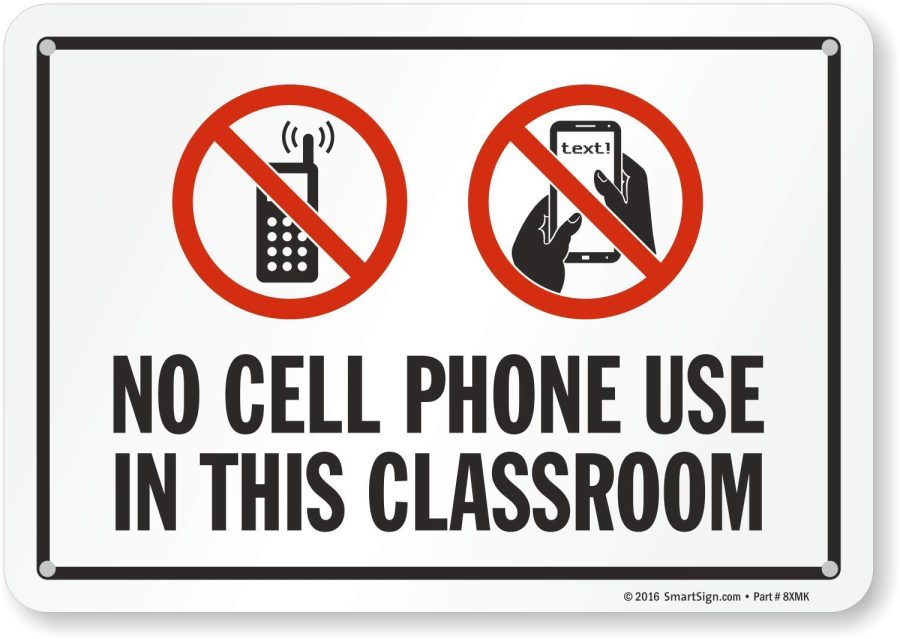Cell Phones Impacting Academic Success
January 10, 2023
We’re already halfway through the first quarter of the new school year. But as the school year progresses we often fall into bad habits. One of the bad habits of our generation and this time in history, is our neglect of our academics and sometimes other things with the distraction of our cell phones.
Over the years, schools have tried various cell phone policies to encourage students to leave their phones away and focus on their academics during school hours. . The purpose of these policies were to make a positive change in students’ academics. While teachers are often in support of these phone restriction policies, students tend to be against them.
Teachers feel this enforcement of restricting cell phone use is necessary. Mr. Lyon shares, “Because cell phones have been a major distraction, kids aren’t learning as fast as they should have, and grades can suffering.”
The majority of research agrees that cell phones are a distraction for students and they impair student learning. An article from Family Education says, “As seen in the popular 2020 Netflix documentary The Social Dilemma, young people and even adults experience an addictive need to check their cell phones and notifications whenever the phone is available.” This is relevant to enforce that cell phones in school should be restricted, supporting the claim that cell phones are a distraction and can be addicting.
As we begin a new year often a time to set new goals for better results, consider how your time spent on your phone is possibly impacting your academics.
Source:
Nulsen, Charise. “Cell Phones at School: Should They Be Allowed?”. Familyeducation. Updated April 21, 2022. Web accessed 15 September 2022.
